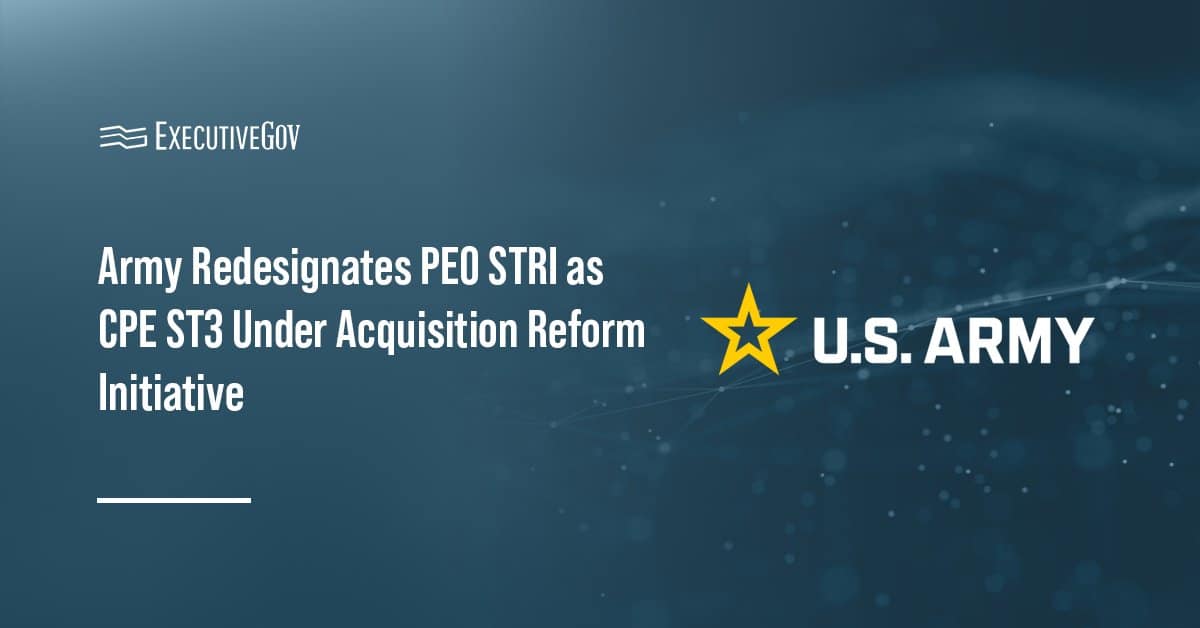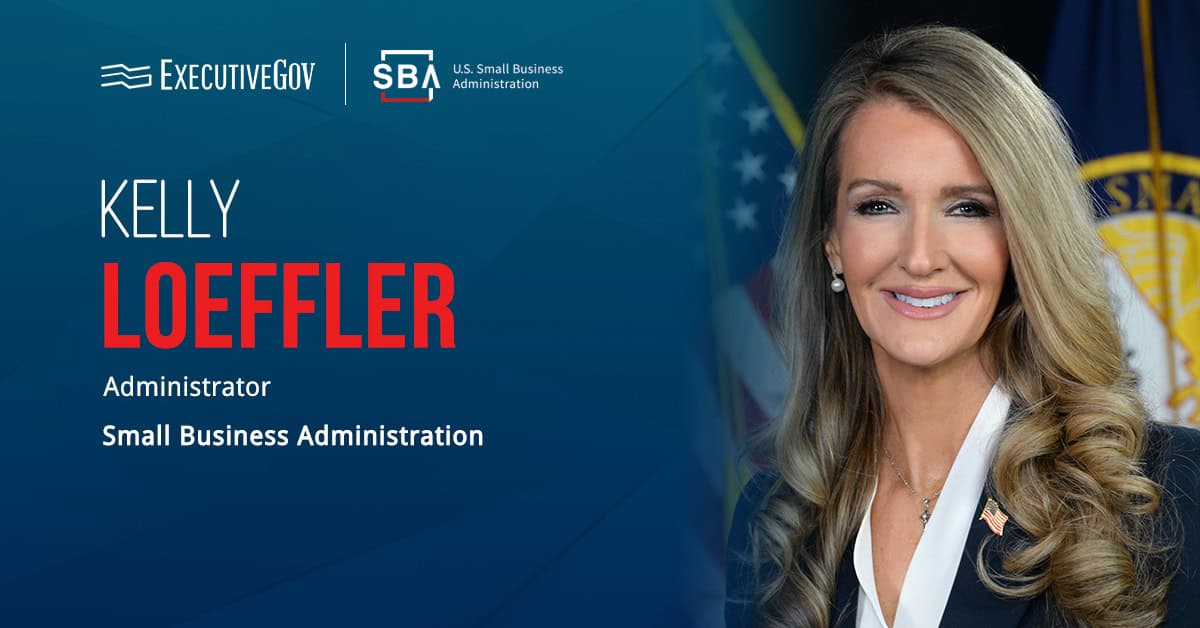Defense One reported Tuesday that Director of National Intelligence Tulsi Gabbard said the U.S. intelligence community should shift from building its own technology to depending more on industry for tools that could support its missions.
“I want to get us away from having the government trying to build tech solutions for itself because it’s really not what the government is best at doing, but really focusing on buying and purchasing solutions wherever we can, so that our workforce can really focus on the things that we are very good at and have exclusive responsibilities to fulfill,” Gabbard said Tuesday at a public sector conference in Washington, D.C.
In the last 20 years, the country’s 18 intelligence agencies have used industry-built tools to detect cyberthreats and analyze large volumes of data, among others. Amazon, for instance, provides systems that help the CIA and the National Security Agency exchange and store classified information, according to Defense One.

To learn about the latest technological advancements in intelligence gathering and analysis, IC contract opportunities and more, join the Potomac Officers Club’s 2025 Intel Summit on Oct. 2.
Table of Contents
Turning to the Private Sector for AI Tools
During her talk at the Amazon-hosted conference, Gabbard noted that artificial intelligence tools had helped screen thousands of documents that were released as part of a declassification move related to the assassinations of Robert F. Kennedy and Martin Luther King Jr.
The national intelligence chief noted that AI systems have helped personnel look into files and documents on the open internet.
“10,000 hours of media content, for example — that normally would take eight people 48 hours to comb through — now takes one person one hour, through the use of some of the AI tools that we have here,” she added.
Improving Intel Community’s Procurement Process
In May, Gabbard said that her office wants to implement acquisition reforms across the intelligence community, including streamlining the contracting processes for unclassified open-source intelligence.
“We’re looking at things, for example, like open-source contracting across the board. We’re looking at, how do we streamline contracts for multi-use cases across the intelligence community so that we can save a lot of money and make sure that our IC elements are getting the most bang for the buck,” Gabbard said at the annual GEOINT Symposium in St. Louis.





